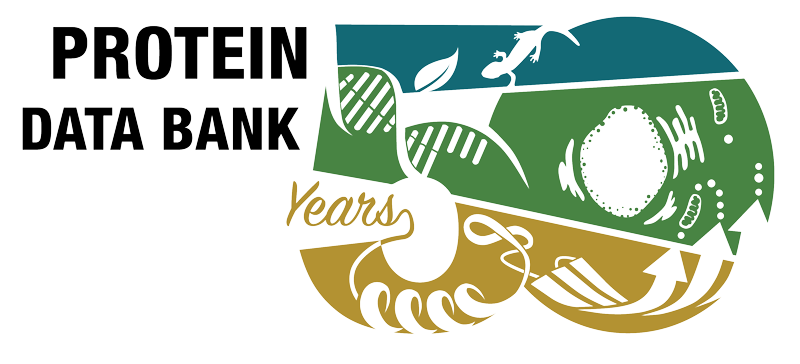Abstract
Pyruvate kinase muscle isoform 2 (PKM2) is a key glycolytic enzyme and transcriptional coactivator and is critical for tumor metabolism. In cancer cells, native tetrameric PKM2 is phosphorylated or acetylated, which initiates a switch to a dimeric/monomeric form that translocates into the nucleus, causing oncogene transcription. However, it is not known how these post-translational modifications (PTMs) disrupt the oligomeric state of PKM2. We explored this question via crystallographic and biophysical analyses of PKM2 mutants containing residues that mimic phosphorylation and acetylation. We find that the PTMs elicit major structural reorganization of the fructose 1,6-bisphosphate (FBP), an allosteric activator, binding site, impacting the interaction with FBP and causing a disruption in oligomerization. To gain insight into how these modifications might cause unique outcomes in cancer cells, we examined the impact of increasing the intracellular pH (pHi) from ∼7.1 (in normal cells) to ∼7.5 (in cancer cells). Biochemical studies of WT PKM2 (wtPKM2) and the two mimetic variants demonstrated that the activity decreases as the pH is increased from 7.0 to 8.0, and wtPKM2 is optimally active and amenable to FBP-mediated allosteric regulation at pHi 7.5. However, the PTM mimetics exist as a mixture of tetramer and dimer, indicating that physiologically dimeric fraction is important and might be necessary for the modified PKM2 to translocate into the nucleus. Thus, our findings provide insight into how PTMs and pH regulate PKM2 and offer a broader understanding of its intricate allosteric regulation mechanism by phosphorylation or acetylation.



 PMID:
PMID: 